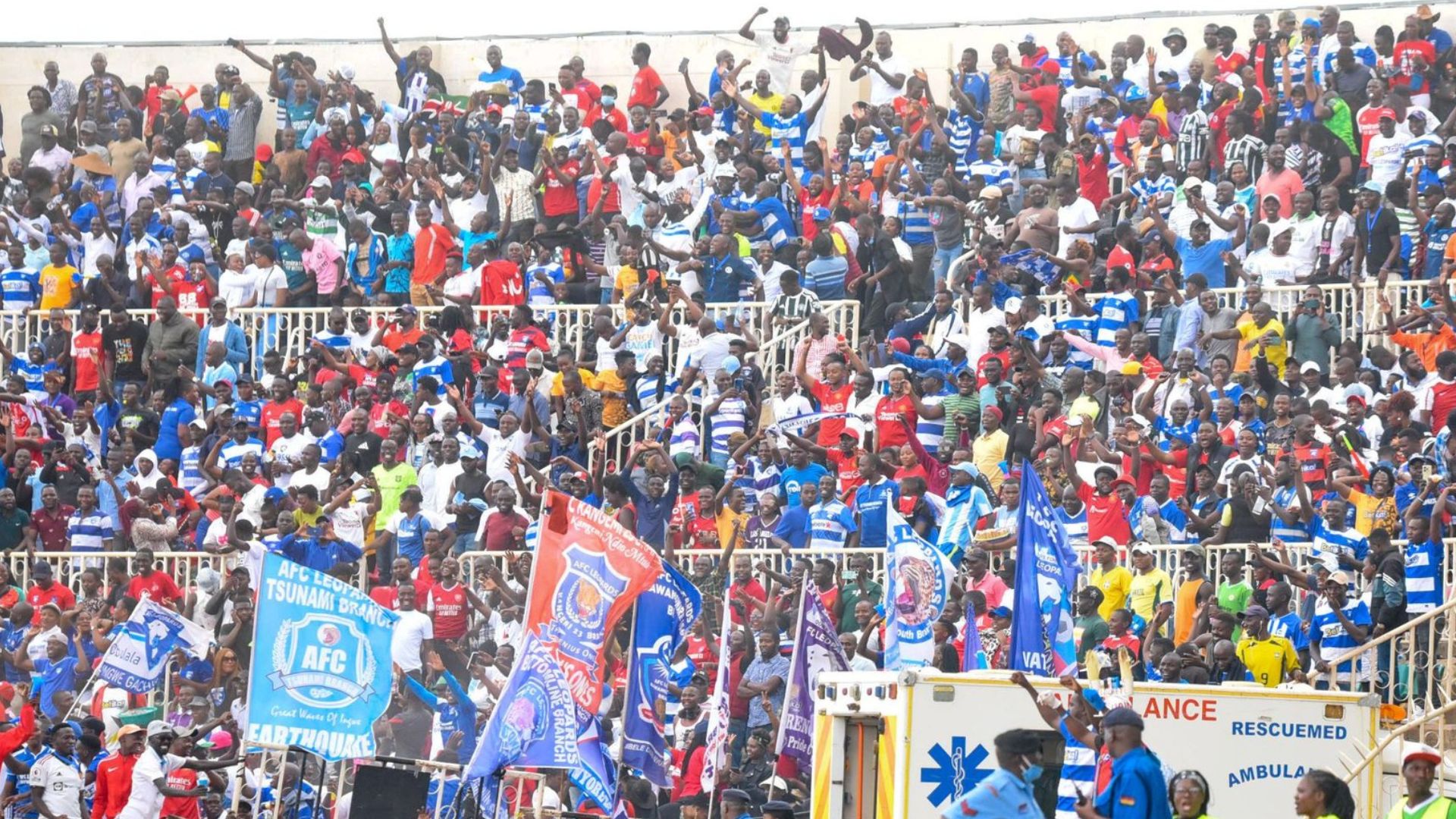AFC Leopards’ Corporate Task Force has laid bare the deep-rooted challenges that continue to plague the club and why it has struggled to win titles.The club’s journey began under the name Abaluhya Football Club, formed to represent the Luhya community, one of Kenya’s largest ethnic groups.However, in 1980, following a government directive that banned clubs formed along tribal lines, the club rebranded to AFC Leopards, embracing a broader, national identity.##NAJAVA_MECA_8754818##Since then, Ingwe has grown into one of the most successful and beloved clubs in Kenyan football history.With a rich trophy cabinet, thanks to dominance enjoyed in the past decades, and a fan base that stretches across the country, Leopards have always stood tall as a symbol of community pride and footballing passion.Yet, despite that storied past, the club has struggled to reclaim its former glory. Their last Premier League title came in 1998, and since then, the closest they have come to lifting the trophy was a second-place finish in 2013, trailing bitter rivals Gor Mahia.Now, the club’s task force has identified the community ownership model—once considered a source of strength—as a double-edged sword that is contributing to the club’s stagnation in a rapidly evolving football landscape.1/3 This afternoon, the High Commissioner H.E. @Amb_IsaacNjenga met with the Kenyan AFC Leopards Corporate Taskforce members, led by the Chairman Mr. Vincent Shimoli, who together with theTanzanian Yanga FC President Eng. Hersi Said paid him a courtesy call. pic.twitter.com/ImdSkLub9h— Kenya High Commission, Tanzania (@Kenyahc_tz) October 3, 2024 One of the most glaring issues highlighted is the breakdown in communication between club leadership and the members.Fans are rarely consulted or informed about critical decisions affecting the club, eroding trust and reducing the sense of ownership that is supposed to be the cornerstone of the community model.Financial struggles also remain at the heart of AFC Leopards’ woes. The community structure, while rich in tradition, has proven to be a significant barrier to attracting serious investors.Many potential partners shy away from the club due to concerns over unclear ownership rights, porous financial controls, and governance inconsistencies.Benni McCarthy’s tactical revolution: Can he break Kenya’s World Cup curse?This has left the club heavily dependent on gate collections, inconsistent sponsorship deals, politicians’ donations, and the goodwill of its passionate supporters—an unsustainable formula in the modern game.The task force also raised concerns over accountability or lack thereof. Decision-making is often diffused among too many actors, creating confusion over who is truly responsible for the club’s successes or failures.That lack of clarity has, in turn, led to a pattern of poor financial and operational decisions that continuously drag the club down.Commercially, the oldest club in the country continues to punch below its weight. The club’s immense brand value—built on decades of history, rivalry, and loyalty—remains underexploited.##NAJAVA_MECA_8754860##The community model, by its very nature, restricts the club’s ability to pursue ambitious, creative commercial partnerships. Many potential corporate partners prefer to deal with clubs that have streamlined, professional governance structures, which Leopards currently lacks.These financial limitations have made it incredibly difficult for the club to attract and retain top talent.Without the resources to compete in the transfer market or offer competitive player salaries, Leopards have consistently found themselves at a disadvantage on the pitch, relying on unproven talents rather than established stars.Another damning revelation from the task force is how some elected officials have historically exploited the club’s loyal fan base for personal financial gain.Cheche confident in Kenya U17’s mission in UgandaIngwe’s passionate following—easily one of the most dedicated in the country—has often been manipulated with false promises, all while officials leverage the club’s emotional pull for personal benefit.The club’s leadership structure has also come under scrutiny. Since office bearers are elected rather than appointed based on merit, AFC has often found itself led by individuals with limited expertise in modern football management.This lack of technical and business acumen has made it difficult for the club to run like a serious, competitive football institution.Compounding all these issues is the club’s unwieldy decision-making process. With thousands of members holding a voice, achieving consensus on key strategic decisions has become a slow and painful process.Tanzania 🇹🇿 is now football ⚽️ benchmarking zone Kenyan Club AFC Leopards Corporate Taskforce has launched a capacity-building initiative that will see its members travel to Tanzania for a benchmarking visit with football giants Simba and Yanga Sports Clubs.This initiative… pic.twitter.com/flWkNmTOkd— Collins Okinyo (@bedjosessien) September 19, 2024 Internal divisions, factional power struggles, and leadership wrangles have become all too common, leaving the players and technical bench with little stability.The task force has recommended that the club should be allowed to negotiate independently when it comes to revenue streams, particularly broadcast rights.With the right governance structure, Leopards could secure deals tailored to its stature and fanbase—deals that could help fund player recruitment, infrastructural development, and professionalized club management.The task force drew parallels with European football giants like Real Madrid and Barcelona, who, thanks to their massive fanbases and global appeal, have negotiated their own lucrative broadcast deals instead of settling for blanket league-wide contracts.First Benni McCarthy call up?Those clubs have also embraced digital transformation, offering exclusive online content to subscribers and finding new ways to monetize their global audiences.Ultimately, the future of the AFC Leopards will depend on whether its leadership and fanbase can confront these uncomfortable truths.The emotional connection between Ingwe and its supporters will always be a source of strength, but it’s clear that the traditional community ownership model—in its current form—is no longer fit for purpose in today’s football economy.##NAJAVA_MECA_8755096##

